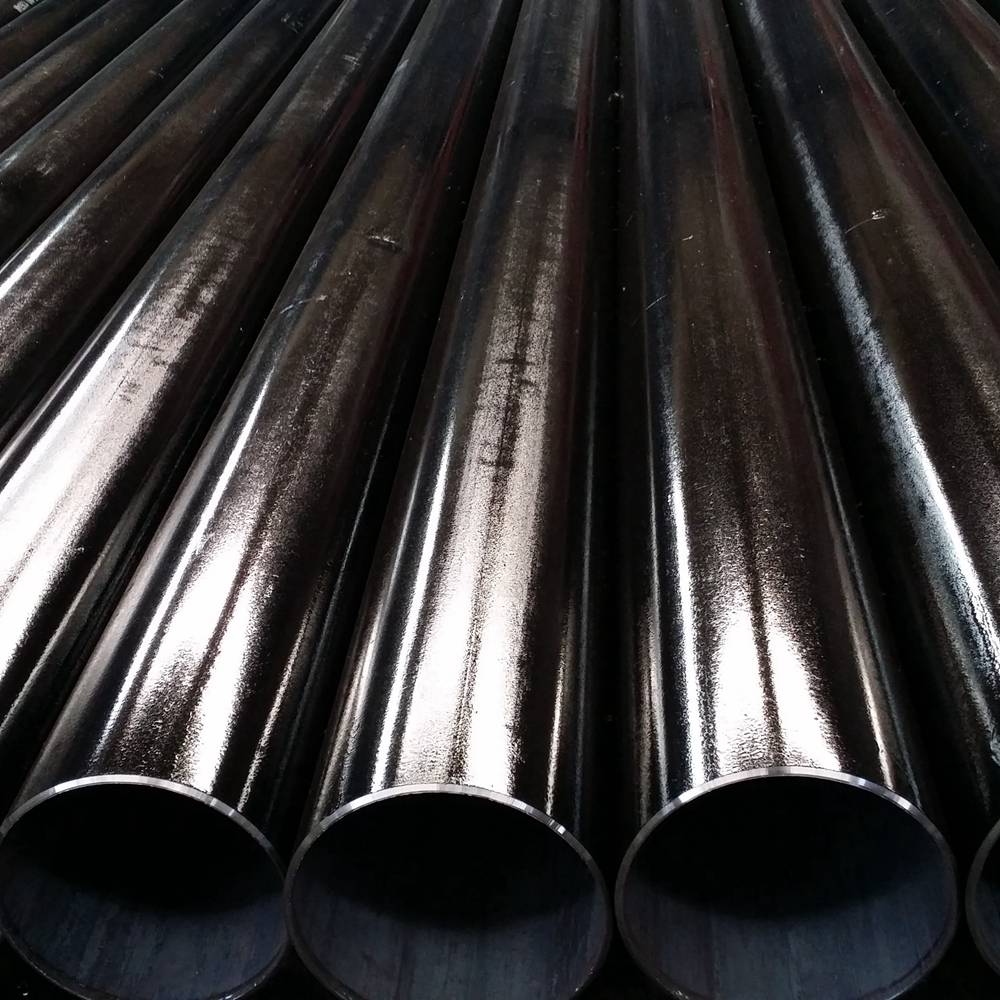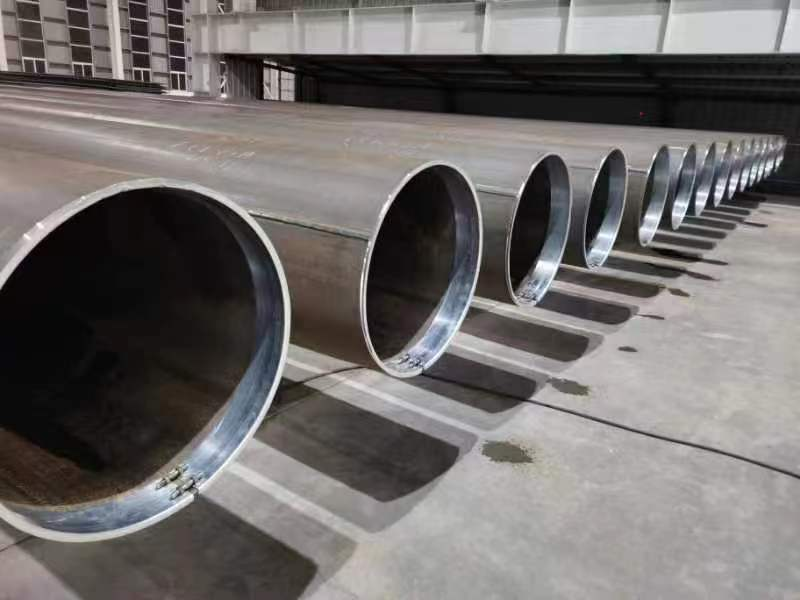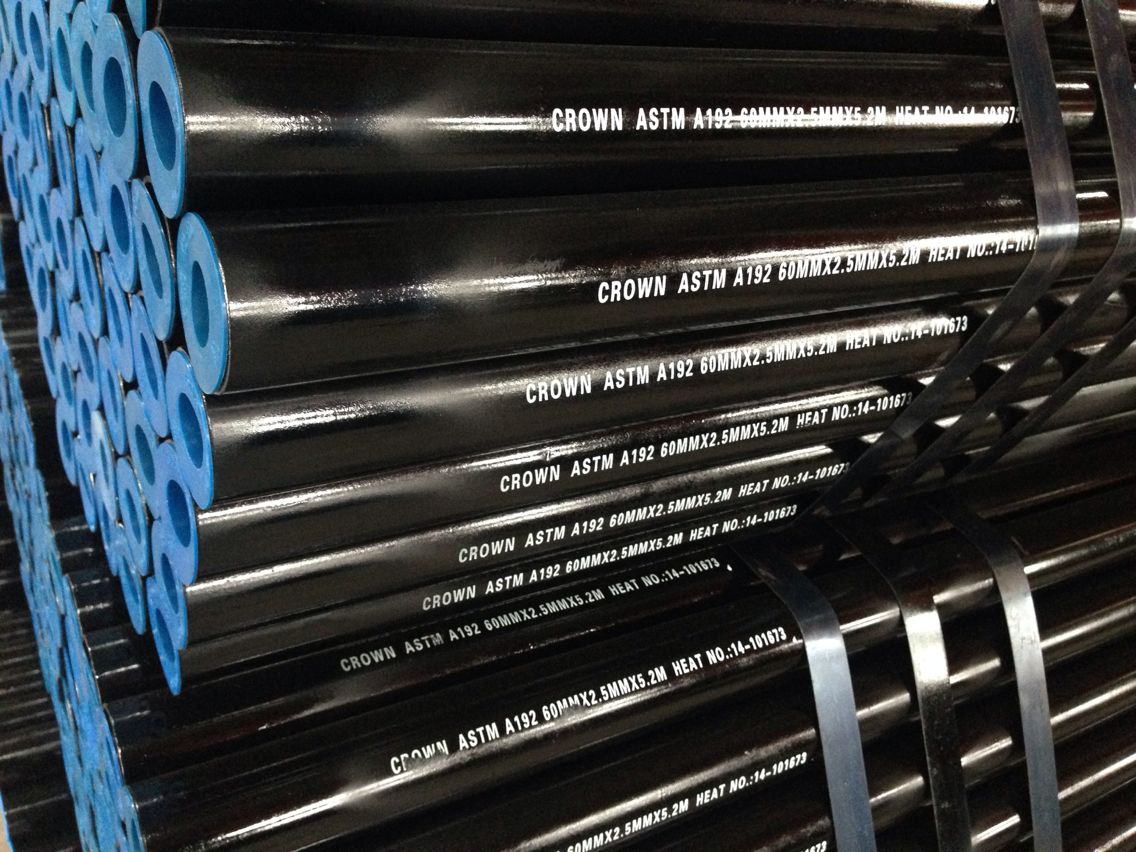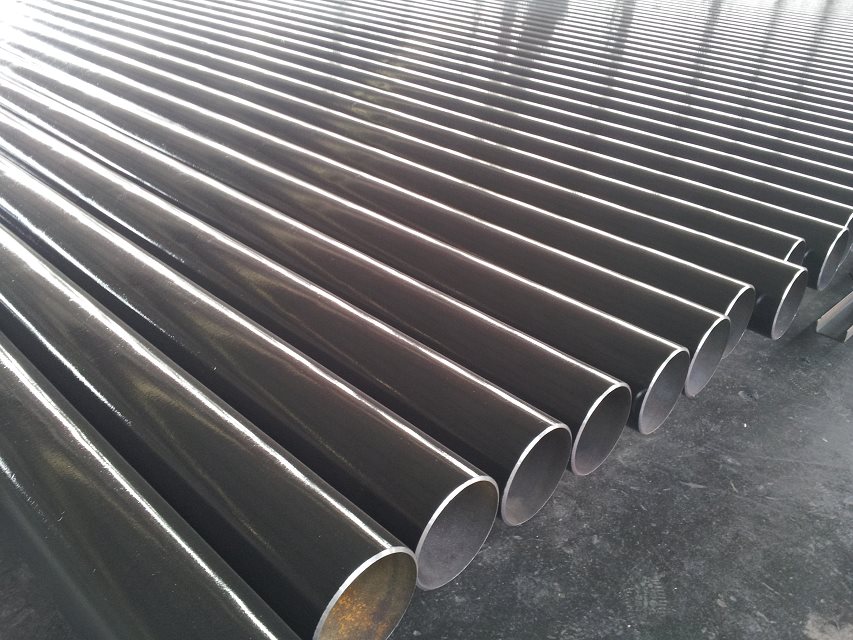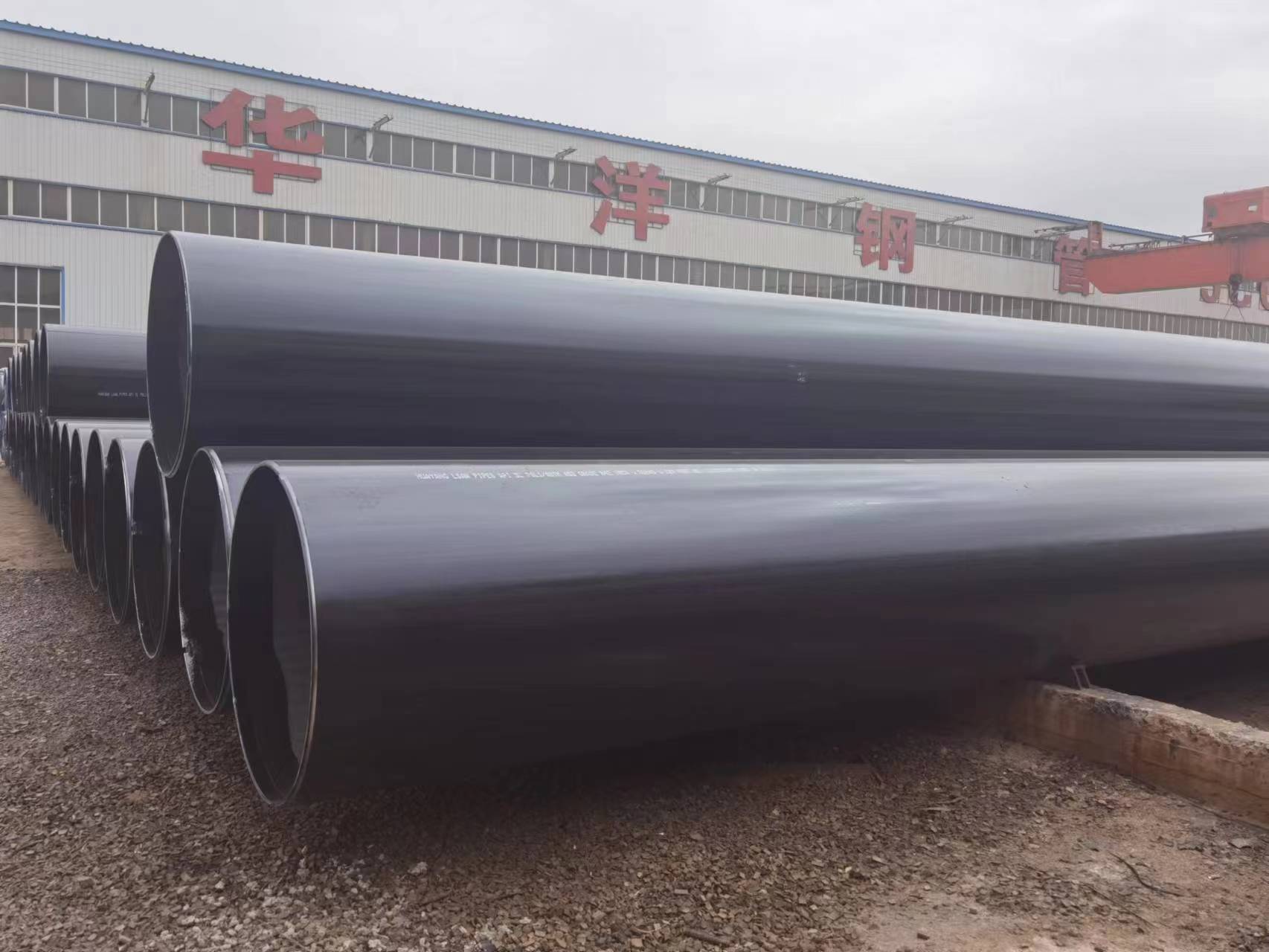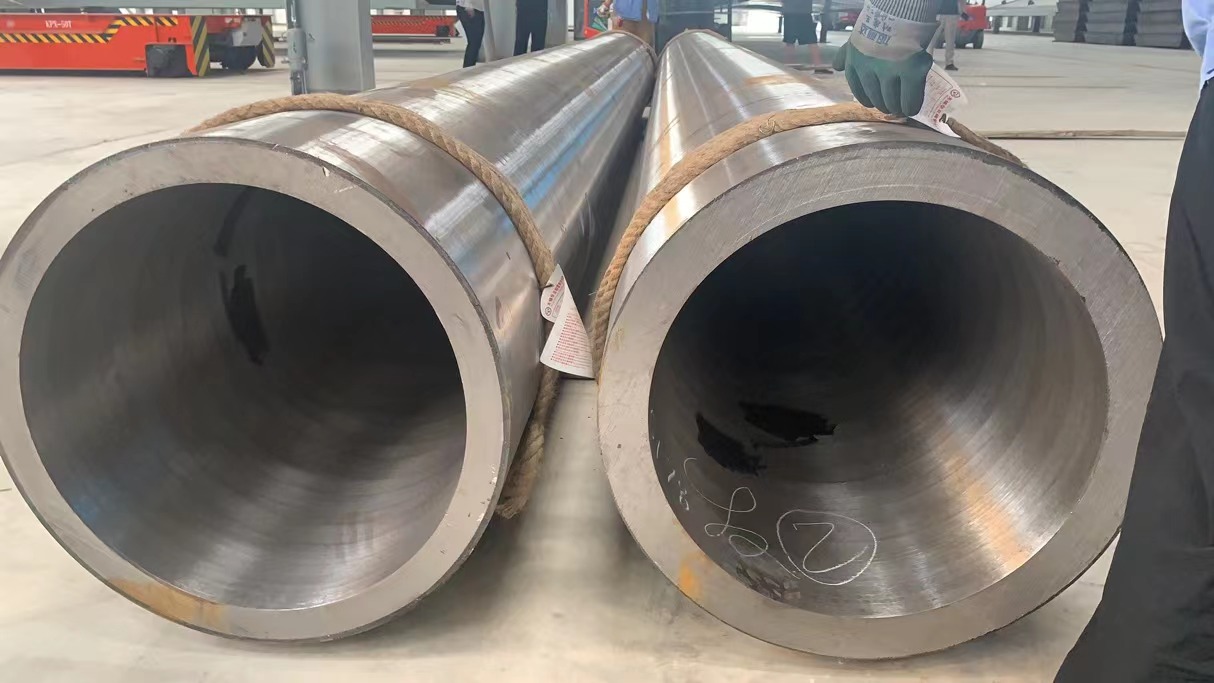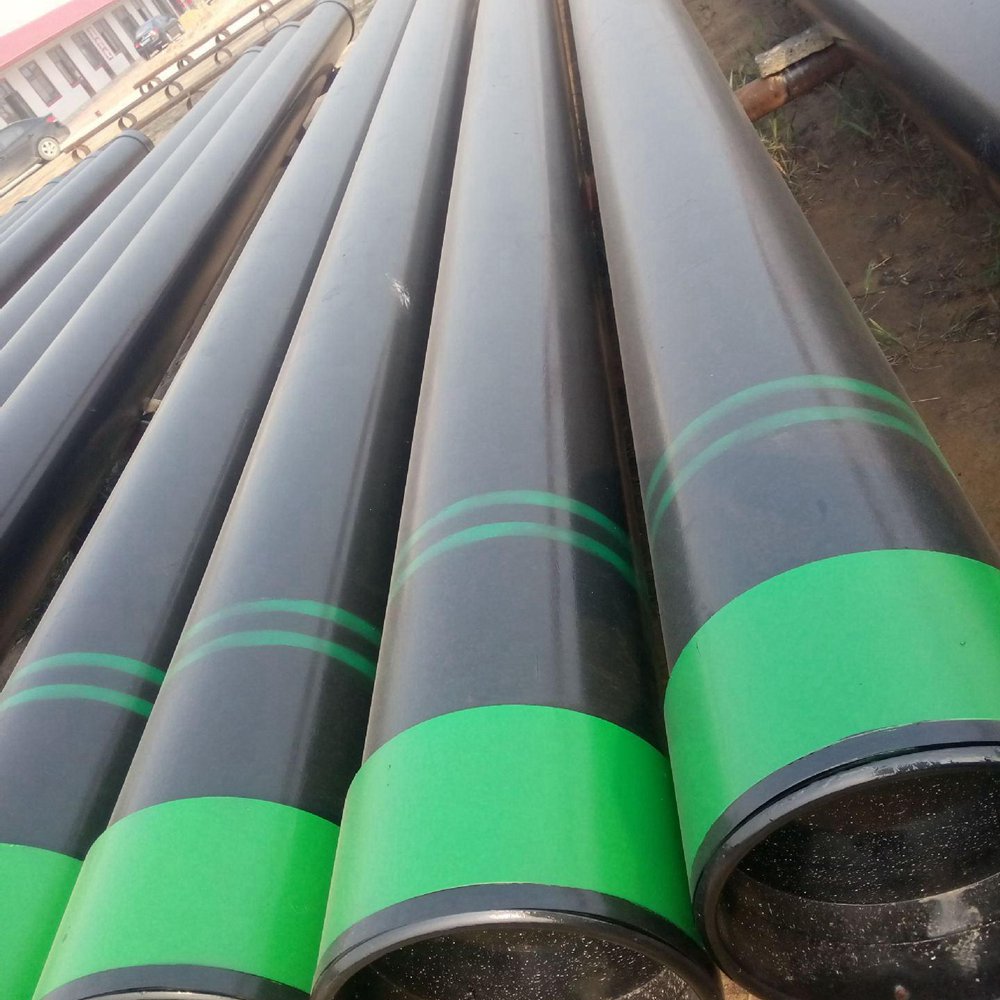Tag/piling piles
-
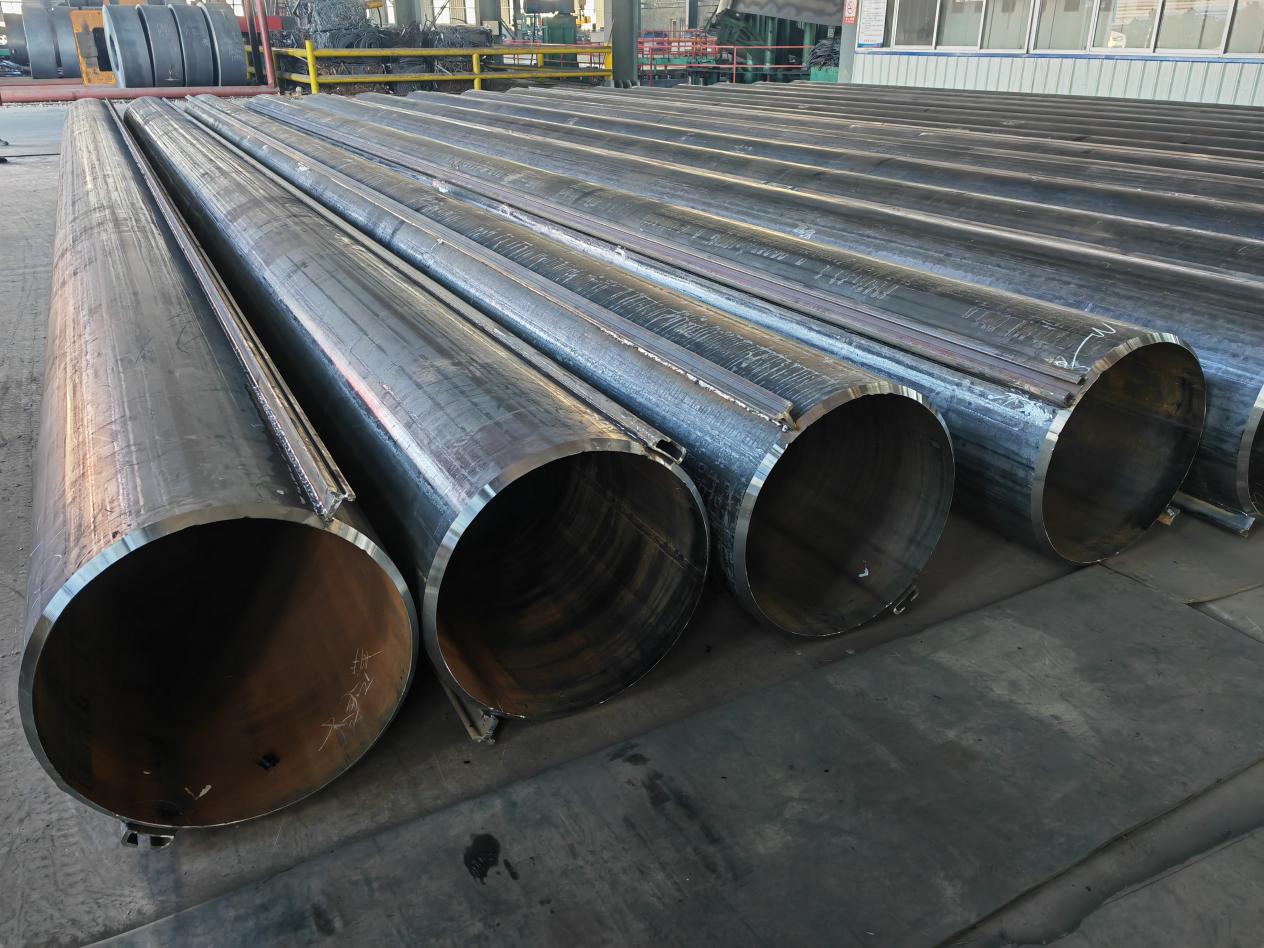 ASTM A252 Piling Pipe application in buildings and retaining walls
ASTM A252 Piling Pipe application in buildings and retaining walls -
TUBE FOR CONVEYANCE OF FLUID
-
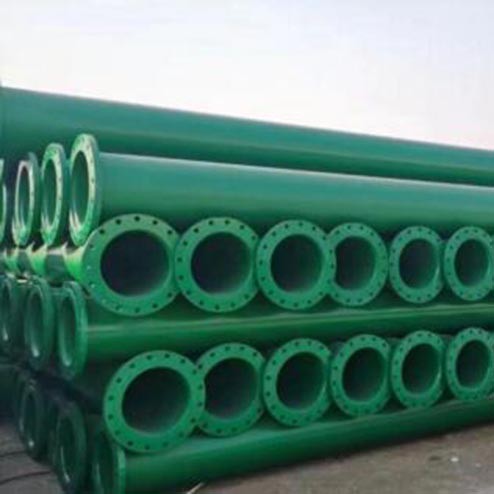 Metal welding services
Metal welding services -
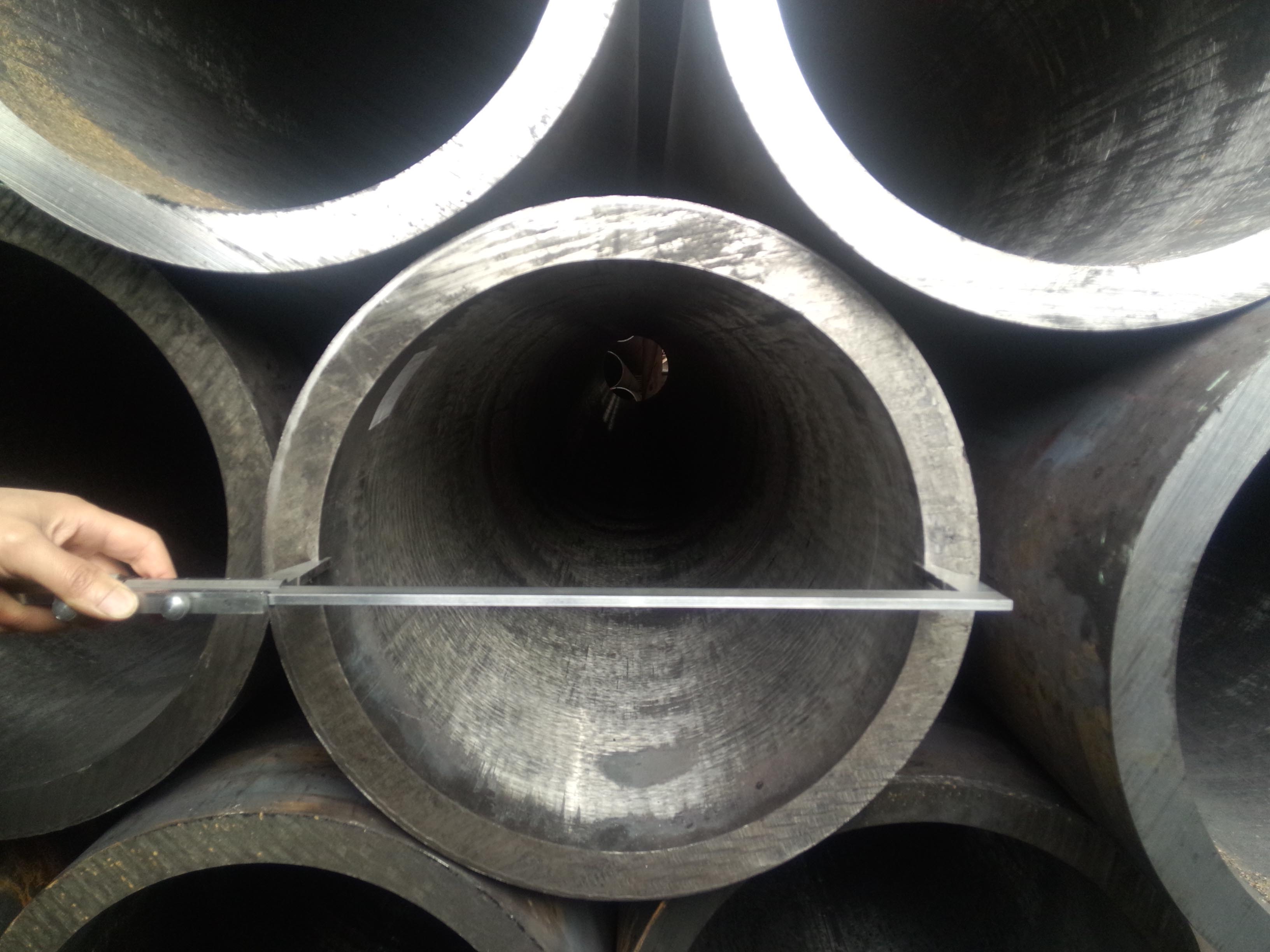 TUBE FOR PRESSURE PURPOSES
TUBE FOR PRESSURE PURPOSES -
 High pressure and temperature Alloy Seamless Steel Pipe
High pressure and temperature Alloy Seamless Steel Pipe -
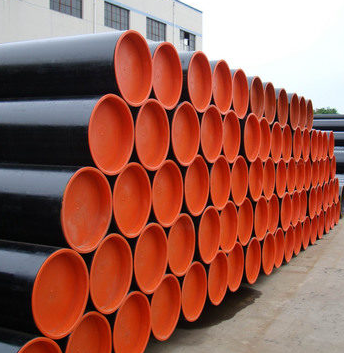 Welded Steel Pipe
Welded Steel Pipe -
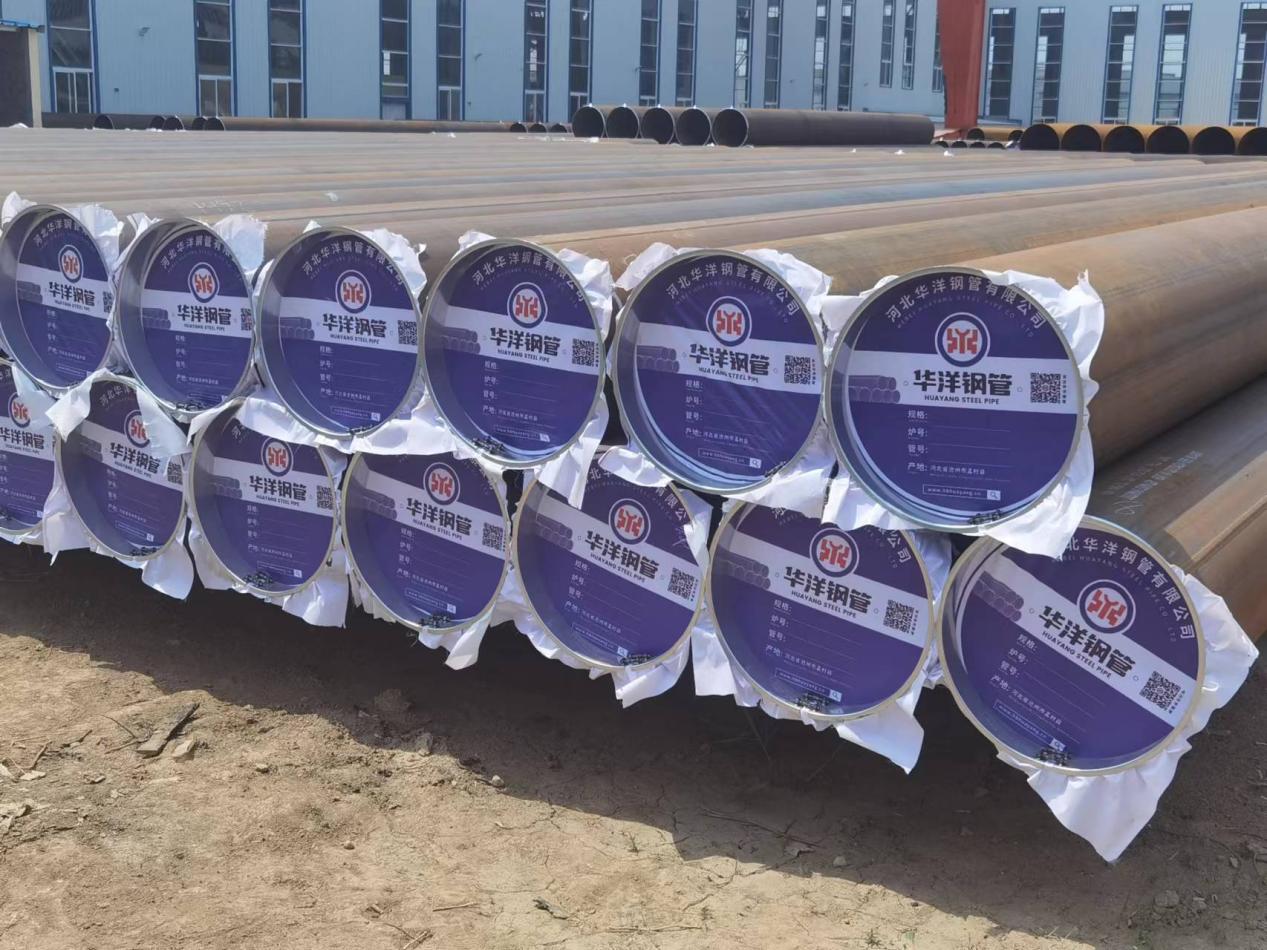 API 5L Pipe Line, Oil & Gas LinePipe, LSAW Steel Pipe
API 5L Pipe Line, Oil & Gas LinePipe, LSAW Steel Pipe -
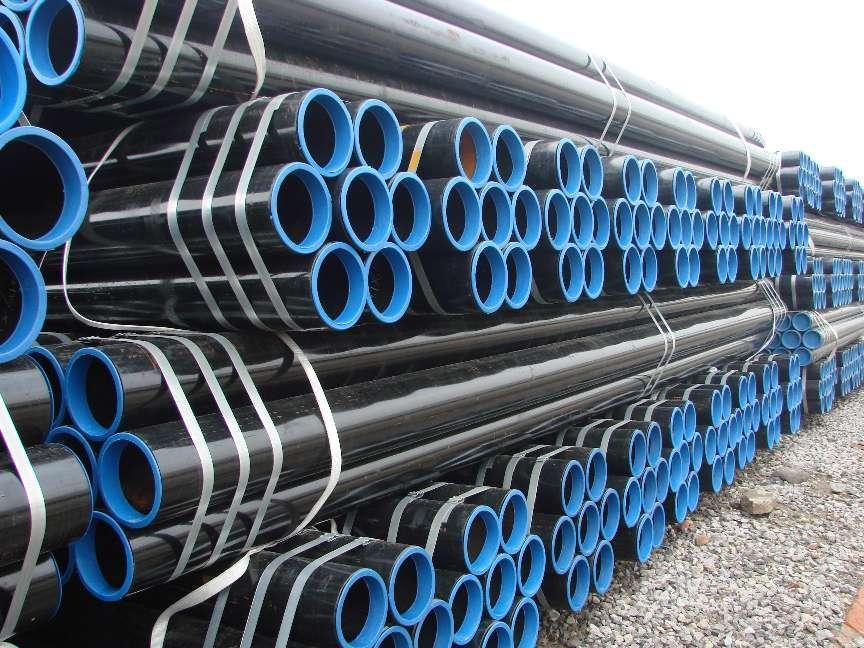 A53 ERW STEEL PIPE
A53 ERW STEEL PIPE -
 3LPE Coated Steel Pipe used in pipeline transportation
3LPE Coated Steel Pipe used in pipeline transportation -
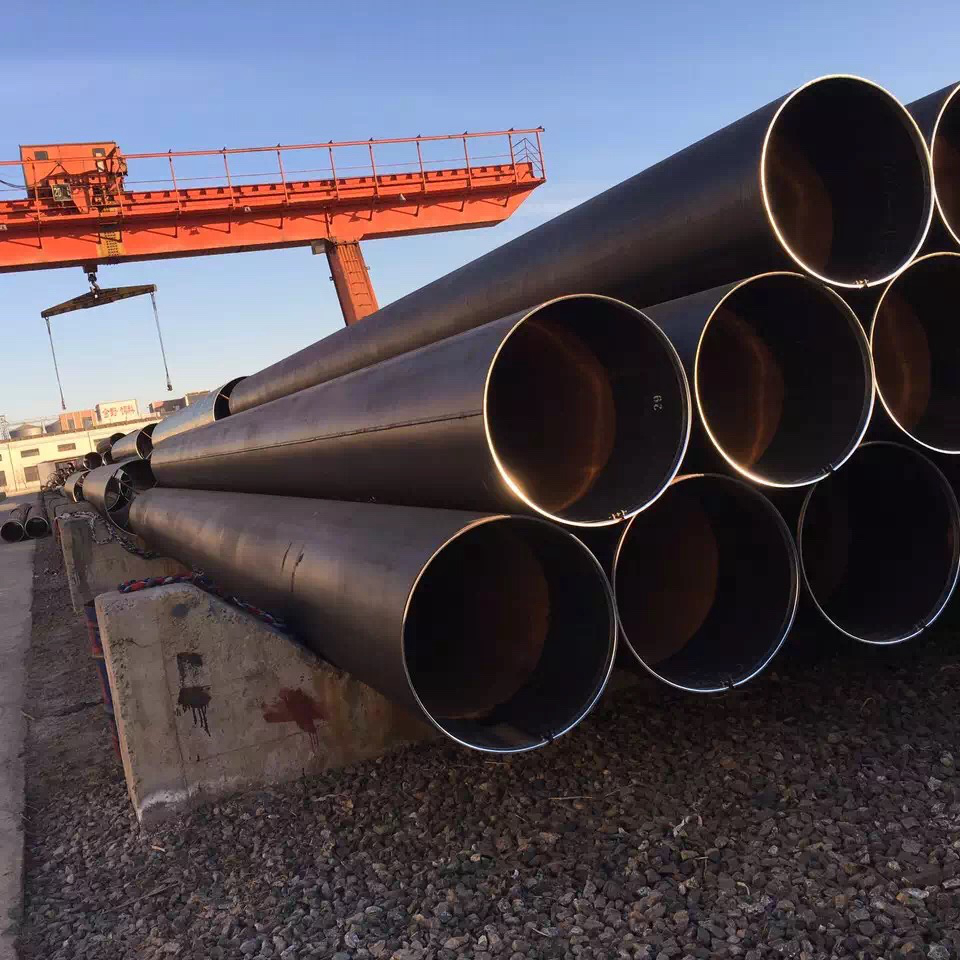 Submerged arc welded steel pipe
Submerged arc welded steel pipe
Produtct Title
piling pilesRelated News
-
2024-03-14Benefits of pipe pilingSteel pipe piles are products made of steel pipes, tongues and grooves, and tenon pins. Pipe piling overlap each other to form an arc or circle. They can be used to contain water, sand, etc., and are intended to be used in offshore docks. Steel pipe pile is a kind of steel pile material. Typically refers to seamless or welded (SSAW or LSAW) manufactured carbon steel pipes used to support and stabilize a building's foundation.
-
2024-06-12Global pipe piling suppliers for wholesale exportThe Pivotal Role of Wholesale Pipe Piling Exporters in Global Infrastructure DevelopmentIn the rea
-
2024-06-12Producers of premium steel pipe piles for constructionHigh-Quality Steel Pipe Pile Construction Manufacturers The Backbone of Infrastructure Development
-
2024-06-14Pipe piling exporters provide essential services.Navigating the Global Market The Role of Pipe and Piling ExportersIn the vast expanse of global in
-
2024-06-15Factory-supplied premium piling pipes with top-notch clutch systemHigh-Quality Piling Pipe Manufacturing with Advanced Clutch Technology A Factory PerspectiveIn the
-
2024-06-17China piling pipe manufacturerThe Pioneering Spirit of China's Piling Pipe IndustryIn the heartland of China, amidst a bustling
-
2024-06-20Producers of stacking pilesPiling Piles Manufacturers The Pillars of Infrastructure DevelopmentIn the realm of construction a
-
2024-06-21Exporting pipe piles with clutch mechanismsPiling Pipe Manufacturing and the Role of Clutch Exporters in Global TradeIn the dynamic world of
-
2024-07-11Pipe piling for structural support in construction and engineering projects.Pipe piling is a crucial method of foundation construction that involves driving long, cylindrical s
-
2024-07-22China's Leading Manufacturer of Steel Pipe Piles for Quality Construction Solutions and ServicesChina Steel Pipe Pile Construction Manufacturers Leading the Way in Infrastructure Development
-
2024-07-27Wholesale Suppliers for High-Quality Piling Piles for Construction Projects and Infrastructure DevelopmentWholesale Piling Piles Suppliers Building the Foundations of InfrastructureIn the c
-
2024-07-27Wholesale Suppliers of Piling Pipes for Construction and Infrastructure Projects WorldwideUnderstanding the Role of Wholesale Piling Pipe Exporters in ConstructionPiling pip
-
2024-07-28Top Manufacturers of High-Quality Piling Pipes Equipped with Innovative Clutch TechnologyHigh-Quality Piling Pipe with Clutch ManufacturerIn the construction and civil engi
-
2024-07-31Leading Manufacturers of ASTM A252 Steel Pipe for Piling and Structural Applications WorldwideUnderstanding ASTM A252 A Guide for ManufacturersASTM A252 is a standard specificat
-
2024-11-22stainless steel Does stainless steel rust over time if left outsideFirstly, there are many kinds of stainless steel, but nearly every stainless steel you’ll find outside of specialized industry is either ferritic or austenitic. If you’ve heard of 440 stainless or sometimes referred to imprecisely as “surgical stainless steel”, that’s a ferritic stainless steel and only features chromium and iron to improve strength and save on costly nickel. It will corrode, albeit slowly, and generally only when exposed to chemicals. 440 is popular for cheesy gift shop novelty knives.
-
2024-06-12Leading black pipe suppliers globallyThe Global Impact of Black Pipe ExportersIn the realm of industrial materials, black pipes hold a
-
2024-11-22stainless steel Why Doesn't Stainless Steel Rust?Steel has been an important metal in the human industry for thousands of years. In fact, the earliest known production of steel dates back to an archaeological site in Anatolia nearly 4,000 years ago. The Roman military was known to use steel, and early civilizations used it in weapons, tools, and construction. As prized as steel was by our ancestors, both for its strength and relatively lightweight, it possessed one key flaw that was a tremendous hindrance: it was incredibly prone to rust.
-
2024-01-31Stainless Steel EFW Pipe-How to Clean Stainless Steel AppliancesThere are a lot of stainless steel cleaners and DIY cleaning methods out there but they don’t all give the same results. Before our kitchen remodel, I used a spray stainless steel cleaner that did an ok job cleaning but was smelly and left streaks.
-
2024-06-261. High-Quality Pipe Beam Construction SuppliersHigh-Quality Pipe Beam Construction Suppliers Your Ultimate GuideWhen it comes to constructing bui
-
2024-11-22Stainless steel-Cleaning Stainless Steel AppliancesThere is a wide range of commercial and do-it-yourself products that can be used to remove fingerprints and water marks from stainless steel products. However, the manufacturer’s instructions may be very specific about what cleaners you should use on your stainless steel appliances. (Some brands even recommend avoiding certain cleaners in nearby areas of the kitchen as the fumes can damage the stainless steel finish.) Go rogue, and you risk voiding your warranty. As many larger kitchen appliances are quite pricey, you probably don’t want to do that, so take some time to read the care instructions before you clean your refrigerator or oven.
Related Search
- piling pipe
- pipe piling
- piling piles
- piling pipe with clutch
- high quality piling piles
- high quality piling pipe
- high quality piling pipe with clutch
- high quality pipe piling
- china piling piles
- china piling pipe
- china piling pipe with clutch
- china pipe piling
- wholesale piling piles
- wholesale piling pipe
- wholesale piling pipe with clutch
- wholesale pipe piling
- pipe piling exporter
- pipe piling factory
- pipe piling factories
- pipe piling manufacturers
- pipe piling supplier
- pipe piling manufacturer
- pipe piling exporters
- pipe piling suppliers
- piling pipe exporter
- piling pipe factory
- piling pipe factories
- piling pipe manufacturers
- piling pipe supplier
- piling pipe manufacturer


